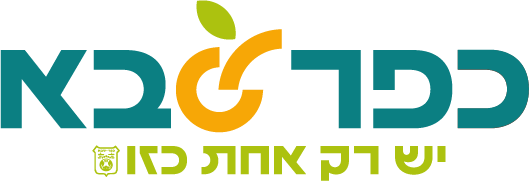Developing a website is a crucial step for the success of any digital business. With a wide array of platforms available for website development, it’s important to understand each one’s unique features, advantages, and suitable uses to make the right choice and create a customized, professional site.
- WordPress – Flexible Solutions and Rich Content Management
WordPress is the most popular content management system globally, particularly suited for blogs, portfolio sites, and small e-commerce stores. It offers flexibility with thousands of free and premium plugins and templates that allow for design and customization according to specific needs.
- WordPress: An open-source platform with community support, plugins, and guides.
- Shopify – For Small to Large Scale E-Commerce
Shopify is a platform dedicated to online store creation, offering inventory management, shipping, and online payment solutions. With easy customization and management options, it’s suitable for various businesses in the e-commerce field.
- Shopify: A dedicated platform for online stores with advanced tools for product and sales management.
- Webflow – For Advanced Design and No-Code Development
Webflow is especially suited for designers and business owners who want to have control over their design without writing code. It combines graphic design capabilities with website functionality, allowing for a customized user experience.
- Webflow: An intuitive design and building platform with community support and guides.
- Wix – Quick and User-Friendly Building
Wix is an excellent platform for beginners looking to build a website quickly. With easy-to-use templates and simple customization capabilities, it enables the creation of personal and business websites with ease.
- Wix: Offers a variety of templates and design tools without coding skills required.
- Magento – For Advanced E-Commerce Solutions
Magento is suitable for medium and large businesses that need a powerful, customizable e-commerce platform. It offers advanced tools for managing products, customers, and sales, making it ideal for high-volume sites.
- Magento: A complex and feature-rich e-commerce system with tools for inventory and sales analytics.
Conclusion:
Choosing the right platform for website development depends on your business needs and site objectives. Platforms like WordPress and Wix are perfect for simple sites and blogs, while Shopify and Magento provide comprehensive solutions for advanced e-commerce websites. It’s essential to consider the flexibility, customization capabilities, and user experience each platform offers.
